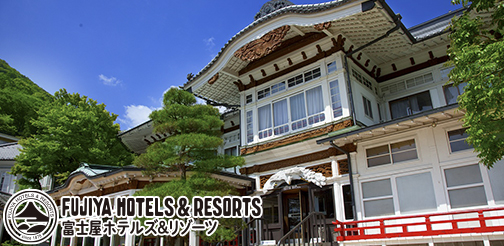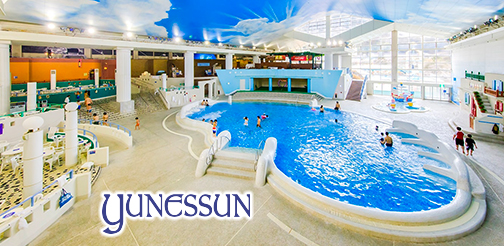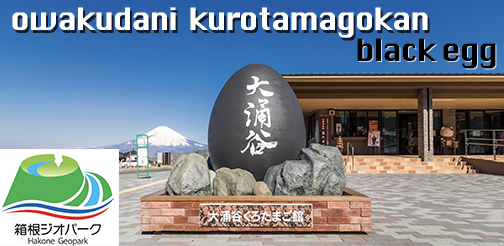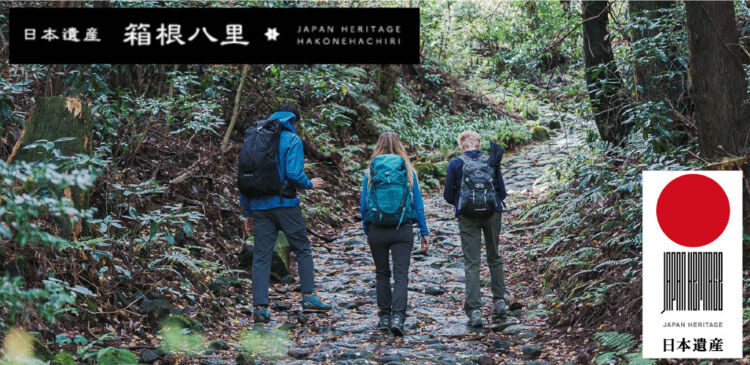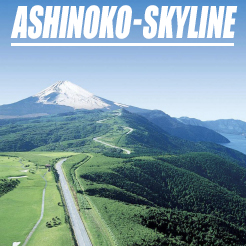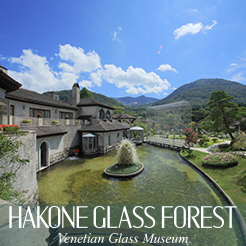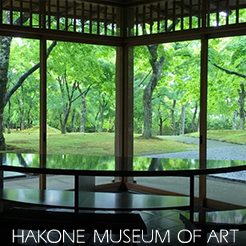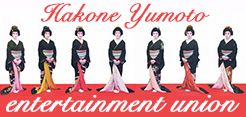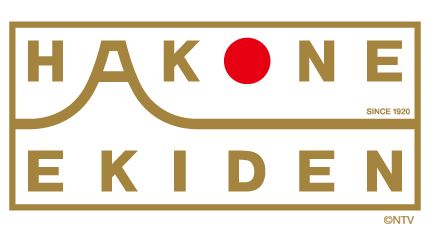
The Hakone Ekiden collegiate relay marathon is a sporting event with few comparisons in the world. Teams of collegiate runners run the realy marathon race over 218 km. It has deep roots in emulating the bare-footed messengers that once relayed messages between Kyoto and Tokyo. In fuedal Japan important messages would have been passed via messengers along the route, changing the runner along the way to ensure a speedy delivery. The race is a relay on the marathon scale and run by 20 collegiate teams. The race is run over two days with the first day route starting in Tokyo and ending in the mountains of Hakone. The second day follows the same route back to Tokyo.
The Hakone Ekiden collegiate relay marathon is a sporting event with few comparisons in the world. Teams of collegiate runners run the realy marathon race over 218 km. It has deep roots in emulating the bare-footed messengers that once relayed messages between Kyoto and Tokyo. In fuedal Japan important messages would have been passed via messengers along the route, changing the runner along the way to ensure a speedy delivery. The race is a relay on the marathon scale and run by 20 collegiate teams. The race is run over two days with the first day route starting in Tokyo and ending in the mountains of Hakone. The second day follows the same route back to Tokyo.
The race course follows Japan`s Route1, which is the present incarnation of the famed Old Tokaido Road. People line the streets to cheer on this personification of core Japanese principals. This is a team sport and it is the dramatic scenes of spent athletes falling and sacrificing for their team that hold universal appeal to the Japanese people. If one runner of the team retires from his leg of the course, the whole team has their times listed as unofficial. It is customary for families and individuals living along Route 1 to come out and cheer the runners when they pass.
2020 will the the 96th Hakone Ekiden after being founded in 1920 by Shizo Kanaguri. Shizo Kanaguri was a marathon runner who represented Japan in the 1912 Stockholm Olympics. Upon returning to Japan he worked hard to promote and grow the sport in Japan. He eventually became known as the “Father of Japanese Marathon.”The original version of the ekiden was a three day race between Tokyo and Kyoto in 1917.
There are five sections to be run between Tokyo and Hakone. Each leg of the marathon differs topographically, but the run up the Hakone Mountains is legendary. Perennial powerhouses include some of the most revered learning institutions in Japan. The winner of the 2019 Hakone Ekiden was Tokai University.


